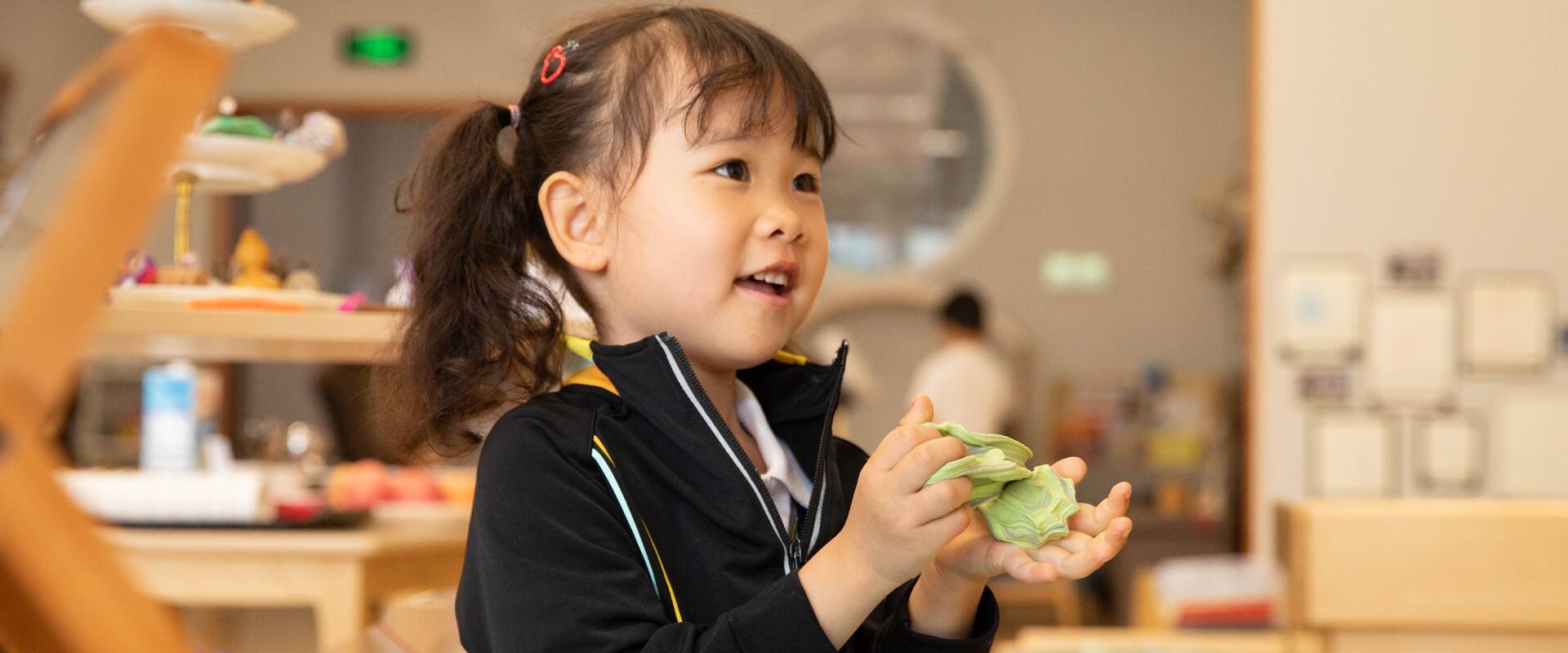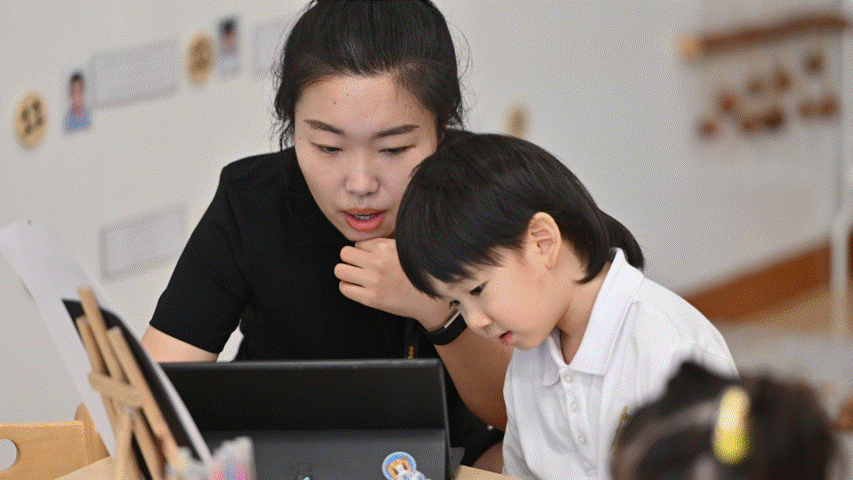
This aspect of our child’s life, and indeed our own, is a hugely contentious issue. How much is too much? What should we allow our children to access? At what age should we allow our children to access screens? What are the long-term impacts of too much screen time?

As a former head of ICT and as a parent, the issue of screentime is one that I have had to work within both a professional and personal capacity. While there are no right answers to such a new area of study, here are a few commonly asked questions regarding screen time:
What constitutes screen time?
Almost any time your child is looking at a screen should be considered screen time. This includes computers, phones, tablets, games consoles and TVs. Generally, e-readers are not considered part of this, as long as they are being used to read a book and not access other apps. Also, video calling family or friends using a device is usually not considered screen time either. Accessing educational games is considered screen time.
How much time should my child be allowed on screens?
The answer to this depends largely on the age of the child. For children below the age of three, there should be no screen time. For those aged three to six, no more than an hour a day in sessions of no more than 20 minutes at a time. For children aged six to nine, no more than two hours a day in sessions of no more than 30 minutes.
Many of our devices have functions that allow you to track screen time and even automatically lock the device when the screen time limit is reached
Remember these are guidelines. If there is a day when your child has more than this, you should not be overly concerned.
Screens should never be used during meal times. With our younger children, this has a host of negative effects, including impairing social skills, increasing childhood obesity and hindering fine motor skills that directly impact later literacy skills.
Finally, screens should not be used with children during the hour before bed. The blue light emitted, as well asthe rapidly moving images, can have a negative impact on sleep routines and make it harder for children to sleep.
Why is too much screen time bad?
In short, well thought-out periods of time, using screens and even playing video games can actually be beneficial for us. However, too much screen time can have a negative impact on many aspects of our children’s lives. Here are just a few:
Increased likelihood of obesity, depression and anxiety later on in life
Behavioural problems and delay of social development
Language delay
Addictive tendencies
Direct impact on sleep patterns
What about adults?
As adults, we too need to do our part to demonstrate a healthy screen-free lifestyle. Look at the two pictures below. Which one is going to help children develop healthy relationships, acquire new language skills and learn to play with others effectively?
We should be modelling suitable screen time boundaries for our own children. Let them see the value of face-to-face interactions and self-control around devices. Consider setting aside a period of time with no devices for adults too, especially meal times.
We should be modelling suitable screen time boundaries for our own children. Let them see the value of face-to-face interactions and self-control around devices. Consider setting aside a period of time with no devices for adults too, especially meal times.
Finally, I would like to share a video with you. It is a TED talk by a seven-year-old girl on the importance of screen time. She explains it far better than me and presents a compelling case in just seven minutes. The video is in English but Chinese subtitles are available.